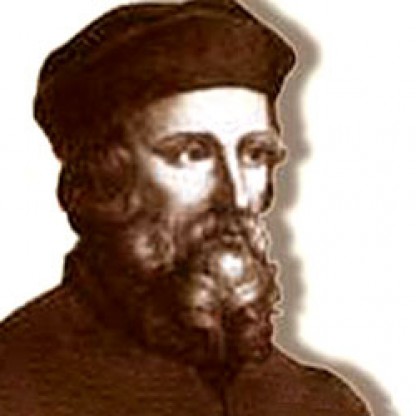Jan Hus was a key contributor to Protestantism, whose teachings had a strong influence on the states of Europe and on Martin Luther. The Hussite Wars resulted in the Basel Compacts which allowed for a reformed church in the Kingdom of Bohemia—almost a century before such developments would take place in the Lutheran Reformation. The Unitas Fratrum (or Moravian Church) considers itself a spiritual heir to many of Hus' followers. Hus' extensive writings earn him a prominent place in Czech literary history.















